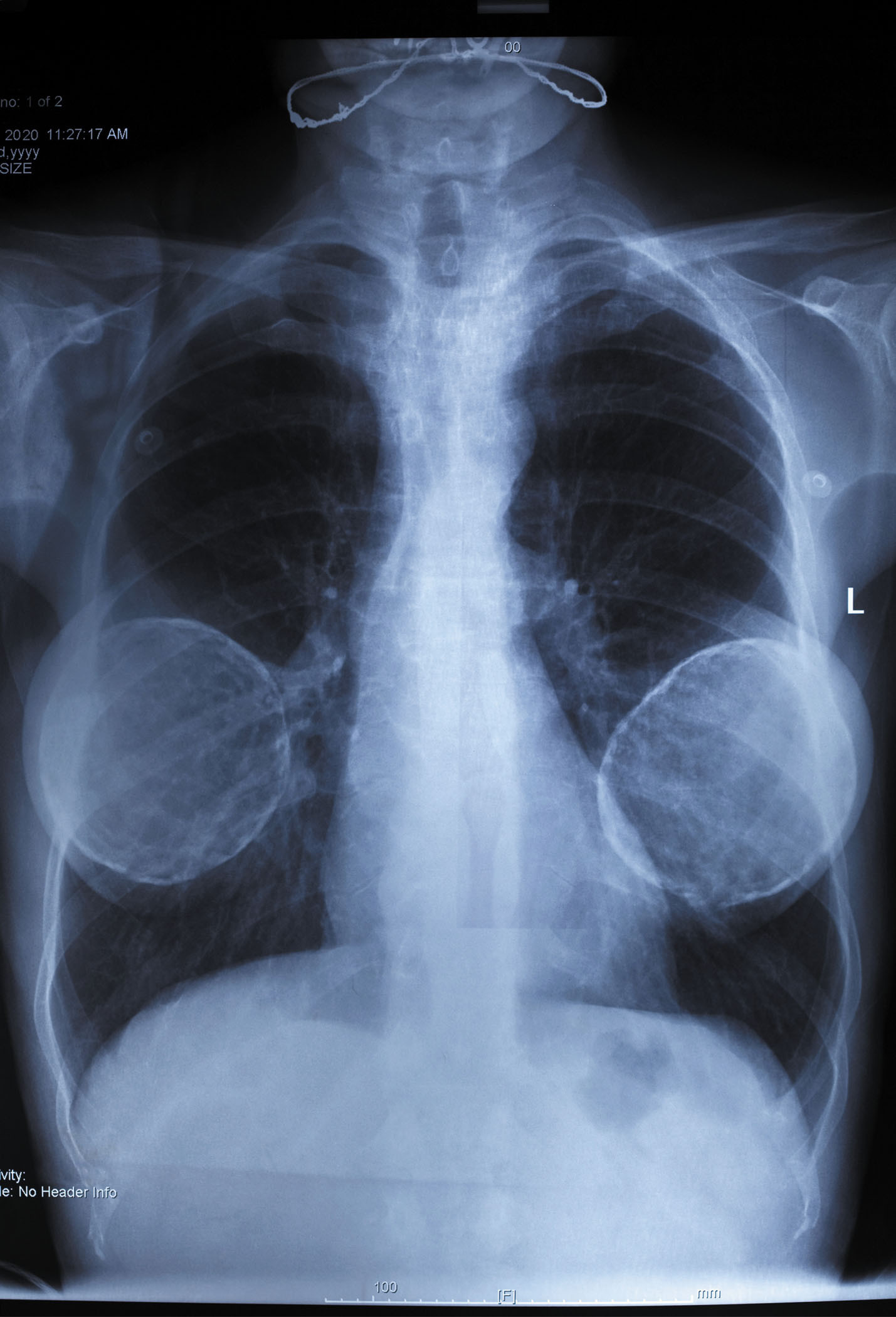
New thinking about plaque in arteries that feed the brain

Want to prevent shifting teeth? Maybe you need retainers

What you need to know about the new dietary guidelines

Food that’s healthier for people and planet can be cheaper, too

New evidence that polyphenol-rich foods help the heart

8 simple ways to reduce ultra-processed foods in your diet

How to curb your stress eating

How to spot Parkinson’s disease symptoms

Heart failure symptoms in women: How they’re different

GERD diet: Foods to avoid to reduce acid reflux
Women's Health Archive
Articles
Bracing for incontinence
Among US women ages 60 or older, the prevalence of urge incontinence (a sudden, unprovoked need to urinate) and stress incontinence (leaking urine with physical activity or pressure on the bladder) appeared to increase between 2005 and 2018. Treatments for urge incontinence include lifestyle modifications (such as avoiding caffeinated drinks or scheduling bathroom breaks), pelvic floor exercises, medications, and Botox injections. Treatments for stress incontinence include pelvic floor exercises, weight loss, vaginal pessaries, bulking agent injections, and bladder sling surgery.
Paths to parenting: Choosing single parenthood through pregnancy
Choosing to become pregnant and parent without a partner is increasingly common and more widely accepted than in the past, but deciding to pursue this path can be lonely. Additionally, there are important questions about financial security and the support of family and friends that a prospective single parent needs to consider.
Intimate partner violence and traumatic brain injury: An invisible public health epidemic
While post-concussive symptoms are common in women who have experienced intimate partner violence, many women hide their symptoms and little research has been done, meaning the long-term health risks of millions of women are unknown.
Can breastfeeding really prevent pregnancy?
New parents might want to wait awhile before considering having another child, and breastfeeding prevents ovulation, so some people use it as a natural birth control method during the early months of an infant's life. However, it's effective only if a mother is breastfeeding frequently and an infant is receiving only breast milk as food.
How can I reduce lasting menopausal symptoms?
Menopausal symptoms such as hot flashes and night sweats can last for years after menstrual periods stop. Strategies such as wearing layered clothing that can be removed easily, keeping a small fan nearby, and sleeping in a cool room can help manage symptoms.
Paths to parenthood: Receiving an embryo donation
When urinary tract infections keep coming back
Low-dose antibiotics can help women who are prone to UTIs. They can be used after sex, only when symptoms occur, or continuously.
FDA wants women to understand the risks and benefits related to breast implants
The FDA recently moved to help make certain that women considering breast implants have a clear picture of what implants involve before moving ahead with surgery. The agency announced a series of changes in October 2021. These include new labeling requirements for breast implant manufacturers, a requirement that facilities provide patients with a checklist outlining potential risks and benefits related to breast implants, and updated screening recommendations to detect leaks in silicone breast implants.
Regular solo dining may be linked to a higher risk of heart disease
A study found that women who regularly dine alone may be at elevated risk for heart disease, possibly because they were found to have less nutritional knowledge and ate less nutritious meals.

New thinking about plaque in arteries that feed the brain

Want to prevent shifting teeth? Maybe you need retainers

What you need to know about the new dietary guidelines

Food that’s healthier for people and planet can be cheaper, too

New evidence that polyphenol-rich foods help the heart

8 simple ways to reduce ultra-processed foods in your diet

How to curb your stress eating

How to spot Parkinson’s disease symptoms

Heart failure symptoms in women: How they’re different

GERD diet: Foods to avoid to reduce acid reflux
Free Healthbeat Signup
Get the latest in health news delivered to your inbox!
Sign Up











